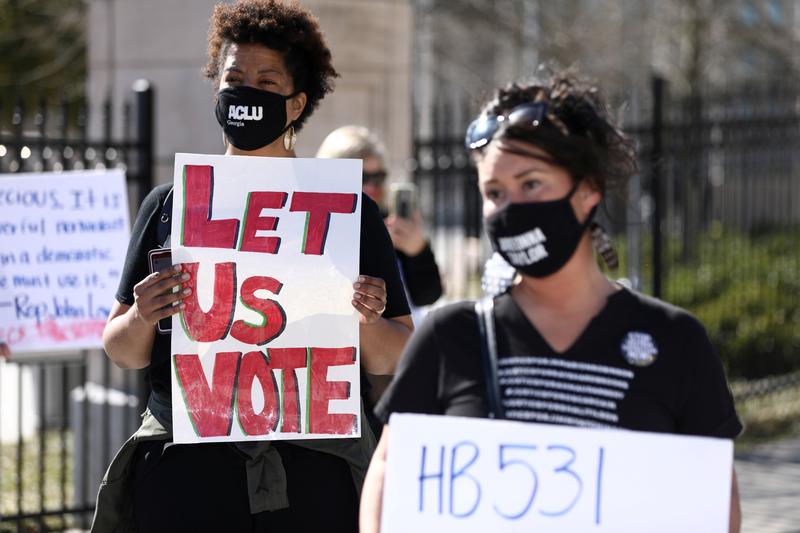INDIA’S BILLIONAIRE CLUB

A push to attract young and diverse talent and global consumers is behind some of corporate America’s willingness to speak out on politically charged issues like Georgia’s new voting law, executives and corporate governance experts said.
Georgia’s decision last month to strengthen identification requirements for absentee ballots and make it a misdemeanor to offer food and water to voters waiting in line, among other changes, drew condemnation from many U.S. companies this week, including Microsoft Corp and Citigroup.
A number of companies say it disenfranchises some voters. Some, such as Delta Air Lines and Coca-Cola Co., are based in Georgia, where state lawmakers have the power to raise state taxes. Delta CEO Ed Bastian said in a public memo that his decision to speak out was informed by discussions with leaders and employees in the Black community
The companies criticizing the law so far represent a sliver of the U.S. business landscape. Yet they are part of a growing group of companies shedding their reluctance to speak out on politically controversial social issues that matter to many of their employees and customers globally, business leaders interviewed by Reuters said.
“Young people want more than words, they want action,” Debra Lee, the former chair and CEO of BET Networks, a TV network owned by ViacomCBS Inc, said in an interview on Thursday. ViacomCBS has also criticized the Georgia law.
A new focus from investors on environmental, social and governance issues such as climate change and the Black Lives Matter and #MeToo movements has also emboldened companies.
Recent examples range from companies criticizing former President Donald Trump’s claims of election fraud, to Washington Redskins football stadium sponsor Fedex Corp asking for a team name change. Retailers Walmart Inc and Dick’s Sporting Goods Inc,




